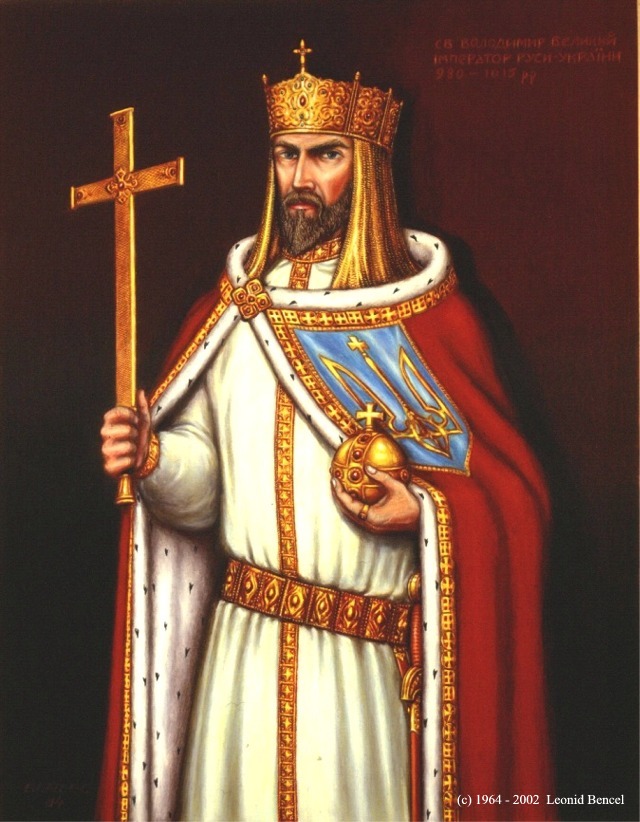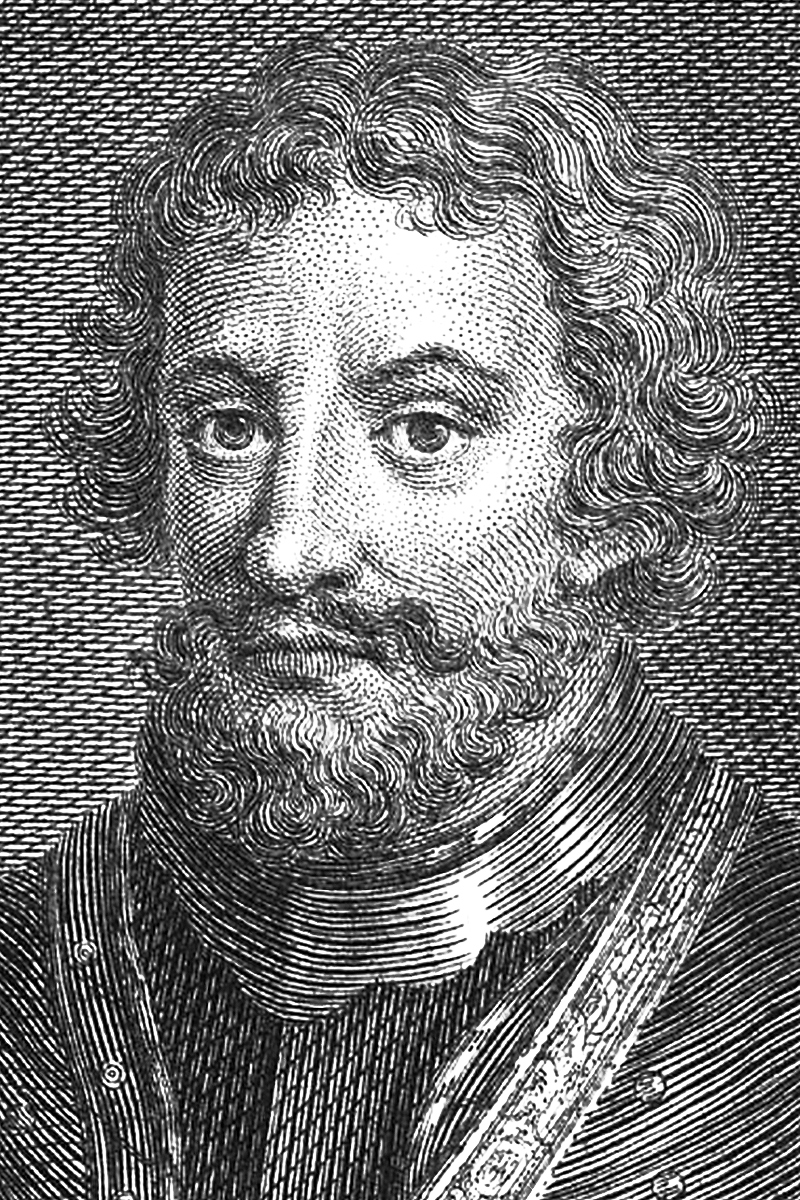

As the captain says, “Till he unseamed him from the nave to th’ chaps [. 91) Macbeth therefore is not the worst possible leader Scotland could haveMacbeth’s Failure as King: It can be said that Macbeth was better at being a soldier, fighting on the front lines, than being involved in the social and political mess of being a king He fights for his king and country exceptionally well earlier on, defeating the rebels that seek to overthrow Duncan.

16) because of his involvement in defeating the rebels and their leader at the beginning of the play He demonstrates fortitude at the end of the play when he faces Macduff in a final battle, knowing he will loseOf the remaining qualities (justice, verity/truthfulness, temperance, stableness, bounty/generosity, perseverance, mercy, lowliness/humbleness, devotion, and patience), he has none In Malcolm’s test of Macduff, Malcolm presents himself as a man with none of those traits who is even worse than Macbeth. Other productions have been plagued with accidents, including actors falling off the stage, mysterious deaths, and even narrow misses by falling stage weights, as happened to Laurence Olivier at the Old Vic in 1937.English Oral Presentation Summative Macbeth’s Qualities: Macbeth does have a couple of Malcolm’s “king-becoming graces:”’ He is courageous in battle, as demonstrated when the Captain said “For brave Macbeth – well he deserves that name” (I. Both Forrest and Macready were playing Macbeth in opposing productions at the time. The famous Astor Place Riot in New York in 1849, caused by rivalry between American actor Edwin Forrest and English actor William Charles Macready, resulted in at least 20 deaths and over 100 injuries. Other rumoured mishaps include real daggers being used in place of stage props for the murder of King Duncan (resulting in the actor’s death). The actor playing Lady Macbeth died suddenly, so Shakespeare himself had to take on the part. Legend has it the play’s first performance (around 1606) was riddled with disaster. A coven of witches objected to Shakespeare using real incantations, so they put a curse on the play. Ken Wynne, Joan MacArthur and Edward Atienza as the three witches in Macbeth (1952), directed by John Gielgud.Īccidents, injuries and deaths - the curse of MacbethĪccording to folklore, Macbeth was cursed from the beginning. Shakespeare was also said to have researched the weird sisters in depth their chants in Macbeth, and ingredients of fenny snake, eye of newt and toe of frog, are supposedly real spells. Shakespeare’s Macbeth followed in 1606 with direct references to James’ earlier misfortune at sea: ‘Though his bark cannot be lost, Yet is shall be tempest-tost’. Christopher Marlowe’s Doctor Faustus was published in 1604, and its shocking portrayal of witchcraft and association with the devil intensified England’s fear of sorcery. James became King James I of England in 1603, and his new subjects were keen to appease him and his views on the demonic. He later wrote Daemonologie, a treatise on witchcraft to further inspire persecution against witches. The Scottish King blamed the evil spells of witches for conjuring the storm, and following his return to Scotland ordered a witch-hunt in the coastal town of North Berwick. Later, in 1589 when James was sailing back to Scotland from Denmark with his new wife, Anne, their ship encountered violent storms at sea, and they were nearly drowned. The violent death of his mother, Mary, Queen of Scots by execution in 1587 was said to have inspired James’ dark fascination with magic. Sixteenth century Scotland was notorious for its witch-hunts, mainly due to King James VI of Scotland’s obsession with witchcraft.


 0 kommentar(er)
0 kommentar(er)
